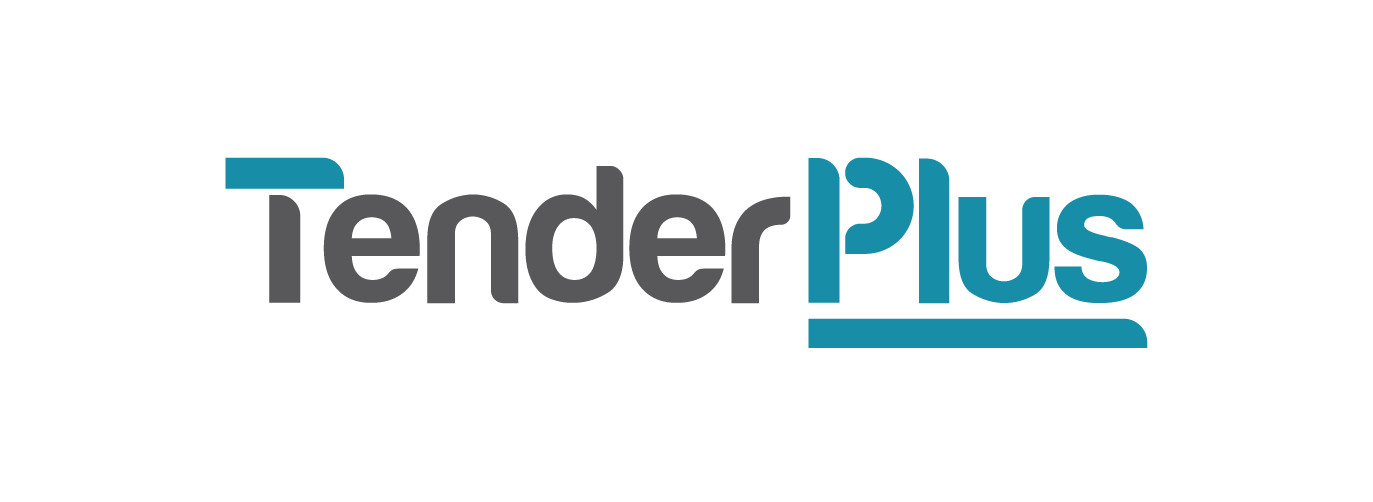5 tips to successful tender coordination
By Ryan May, Tender Specialist, Perth
Successful tender coordination is integral to the overall success of a tender. While content alone is important, without someone to ensure the content arrives on time, receives the reviews it requires and is collated it into a cohesive document, a tender will die in the water.
At Tender Plus, we understand the pressure this places on the person responsible for coordinating a tender. Fortunately, we also understand the best methods of tackling this crucial element of the tender process to ensure success. Here are our tips to help you overcome the trials and tribulations that come with being a tender coordinator.
1. Ensure you understand the tender requirements
Read the tender documents. Find out what is being asked and what is being requested. How many schedules are asked for? Are attachments required? If so, what needs to be in them?
Understand the restrictions. It is not uncommon for tenders to come with page or character limits. In some cases font and font size may be prescribed, or specific instructions given concerning what can be included as an appendix and what cannot.
Determine what inputs you can address to assist the client. Putting together CVs may be a simple yet time consuming task you can help the client with to free up some time they can then utilise on other schedules.
2. Attend the kick-off meeting
Identify who is attending, and what each of their roles in the coming project will be. Begin building relationships now to make communication easier later on.
Listen to expectations. What do they think this tender will involve? What due dates do they want to work towards? How many reviews are they planning on doing? The answers to these questions will vary depending on the size of the tender, and it is important to take note of this information.
Voice your own expectations. Tell the team where you agree with them and where you think they need to change their position. Remember, they’ve asked you to be there because of the knowledge you have to offer. If you think they will need to do an additional review, tell them!
Align your expectations. Doing so from the start and setting goals accordingly will prevent issues caused by miscommunication later on.
3. Create a killer tender program
Outline tender requirements. Copy and paste them straight from the tender documents to prevent any misunderstanding.
Assign leads to each schedule. Having it in writing here creates a point of clarity to ensure everyone is aware of what they’re responsible for throughout the duration of the bid. Keep in mind that this can change, increasing the importance that such changes are noted down in this program.
Create a status for each schedule. This can be notated as traffic lights (red, amber and green),and/or marked as a running percentage that rises as the document reaches completion. By doing so you will have an easy way to assess the completion of individual documents and the submission as a whole.
Include due dates for each schedule, and for the submission overall. These will typically outline dates for reviews to ensure documents are sufficiently complete in preparation.
4. Keep in touch with the team
Organise daily or weekly stand-ups depending on the length of the tender to keep across how the work is progressing. This is crucial, as tender coordination relies on knowledge of the tender writing process to be effective. Running through the tender program is a good method to conduct a cohesive stand-up.
Remind leads of due dates. It’s your job to keep these dates fresh in everyone’s minds so that work is completed on time. If things look to be falling behind, talk to the lead to identify why and to help develop a solution.
Be gracious. Thank writers for their work and for sending documents in on schedule. Kindness will help with team cohesion, encouraging people to work with you instead of against you.
5. Pay attention to addenda
Read each addendum as it is released to catch changes to tender requirements and schedules early. The faster you can communicate these changes, the easier it will be to action them.
Raise complex changes with senior staff. This may be the person in charge of tender management, tender strategy or someone else entirely. Alert them to drastic changes introduced by addenda so that they can have the necessary internal discussions as quickly as possible.
The next time you feel doubt about being tasked with coordinating a tender, remember this list. Regardless of your experience with tender coordination, we are certain these tips will improve the coherency and efficiency of the tenders you work on.
Tender Plus is located in Brisbane, Sydney and Perth and operates nationally. If you’d like to learn more about how we can assist with tender writing and, more broadly, tender management, tender coordination, tender strategy and more, reach out for a chat! We’d love to help.
